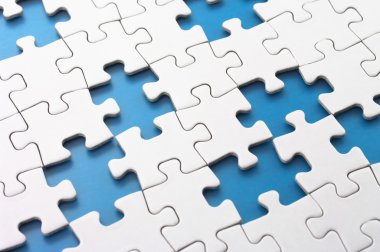Puzzles: Unlocking the Power of Curiosity and Creativity


Puzzles have emerged as a timeless form of entertainment and mental stimulation. These delightful brain teasers offer us a chance to step away from the demands of our daily lives immerse ourselves in a world of curiosity and problem-solving. Whether it’s a word puzzle, a mathematical conundrum, or a visually captivating jigsaw, puzzles their ability to engage individuals of all ages and backgrounds. From children learning to spell their first words to older adults seeking to maintain cognitive sharpness, puzzles offer a universal appeal. They provide a safe and inclusive space where anyone can challenge themselves and experience the thrill of conquering new mental frontiers.
The benefits of engaging in puzzles extend far beyond mere entertainment. When thinking. These activities strengthen our problem-solving skills, stimulating our minds and encouraging us to think outside the box. As we grapple with more flexible, patient, and persistent when faced with challenges in our everyday lives.
Puzzles are a great way to challenge the mind, pass the time, and learn new things. Whether it’s a crossword, jigsaw, Sudoku, or brain teaser, puzzles come in a variety of forms and offer many hidden benefits.
Firstly, puzzles are a mental workout. They require you to think critically, problem-solve, and use your memory skills to complete. This taxing mental activity encourages the brain to create new neural pathways, strengthening cognitive function and reducing the risk of memory-related illnesses such as Alzheimer’s disease.
Secondly, puzzles can be a great way to reduce stress and anxiety. They provide a distraction from daily stresses, allowing your mind to relax and unwind. Focusing on a puzzle can also help reduce anxiety by bringing a sense of control and satisfaction to your life.
Puzzles can also be a social activity, bringing people together to solve a common goal. It’s not uncommon for people to work on puzzles with friends and family, bonding over the shared goal of completing the puzzle. This social aspect also provides an opportunity for older and younger generations to connect and converse.
Moreover, puzzle-solving can be a great educational tool. Puzzles can teach children basic subjects such as math, science, and history in a fun and engaging way. They can also teach problem-solving skills, patience, perseverance, and critical thinking, which are valuable skills in all aspects of life.
So, why not embrace the possibilities that puzzles offer? Let your curiosity guide you as you embark on this journey of self-discovery and mental growth. Engage in a variety of puzzles, from Sudoku to riddles to 3D brain teasers, and watch as your problem-solving skills sharpen, your creativity flourishes, the challenge, celebrate the victories, and revel in the joy of unraveling a puzzle’s mystery.
